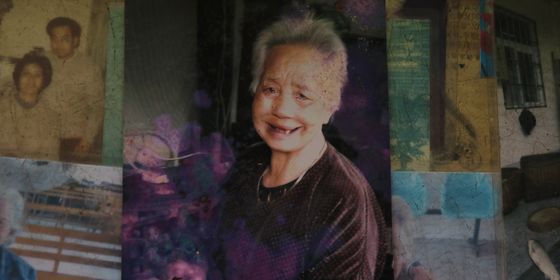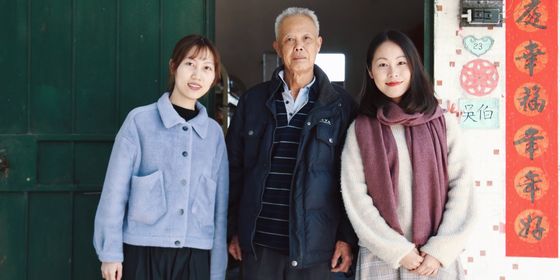Gene-edited infants aside, China has been ramping up efforts to combat AIDS
The international hue and cry over scientist He Jiankui’s gene-modified HIV-resistant infants, described as “genetic Russian roulette” by Oxford ethics expert Julian Savulescu, has managed to obscure a separate, though linked debate—China’s more ethical, though no less controversial, attempts to combat AIDS.
On November 23, the Chinese Center for Disease Control and Prevention released a report stating that the number of HIV cases in China has increased by nearly 67 percent between years 2012 and 2017. As alarming as that sounds, the overall rate of HIV/AIDS infection remains low in comparison to other countries, affecting 9 out of 10,000 Chinese nationals.
Yet the figures, released shortly before December 1’s World AIDS Day, touched off panic about a potential AIDS epidemic in China. In September, a xenophobic “clickbait” article on social media had argued that China would soon become a “major AIDS nation,” thanks to scholarships handed out to international students, particularly those from African countries. The author asserted that AIDS rates had spiked since 2012, and erroneously claimed that HIV-positive foreigners were only allowed to enter China after 2010.
In reality, the number of foreigners with HIV/AIDS in China is proportionately low: Only 4.6 percent of all HIV-positive individuals in 2018 were international students. Journalist Zhao Meng has argued that the “increase” among Chinese is simply the result of more HIV and AIDS screenings—there are not more people getting infected with HIV, but more infected getting diagnosed. Tests for HIV and AIDS doubled between 2012 and 2017, from 100 to 200 million, as per China’s World AIDS Day slogan: “Active Detection, Awareness and Prevention, Enjoyment of Health” (主动检测,知艾防艾,共享健康).
One in three HIV-positive people in China may be unaware of it, leading to unintended spread of the disease. Getting people screened, however, is a challenge, due to the taboo surrounding sexually transmitted diseases and AIDS in particular; it’s still largely considered a homosexual disease. Several campuses have tried offering take-home HIV tests, next to bags of Cheetos and instant noodles, at a cost of 30 RMB.
Still, the rate of infection has increased among the elderly, due to the unpopularity of condoms among senior citizens. For men over 60, in particular, infections has grown by 136 percent since 2012, reaching almost 20,000 cases in 2017. Moreover, while most elderly men get infected with HIV from extramarital relations, women are being infected by their spouses; after “Number of Elderly AIDS Cases on the Rise” began trending on Weibo, users named these retirees “big pig-trotters” (大猪蹄子), a term for unfaithful men.
Another at-risk group are the young: a CDC spokesperson has claimed that only 40 percent of college students use condoms. In 2017, over 3,000 Chinese university students were infected with HIV, 81.8 percent through same-sex relations.
But the World Health Organization has praised China for its recent awareness campaigns. “Although the Chinese government was a bit slow to respond in the beginning, it is now starting to make up for lost time,” stated Katharine Poundstone, HIV/AIDS technical officer with the WHO in China. “Five years ago I would have said that China is 10 years behind other countries and not taking full advantage of lessons learned in other parts of the world; now I would say China is becoming one of the leaders in the global HIV response.”
Yet ethical concerns remain regarding consent and confidentiality in screening programs, due to laws about drug use and sex work in China; local governments tend to treat HIV epidemics as matters of public security, rather than public health. Profit-making hospitals, poor rural healthcare, and bureaucratic constraints upon NGOs have also hobbled the fight against AIDS. “Despite impressive steps forward, the response to HIV/AIDS is still in its infancy in China,” UNAIDS country coordinator Joel Rehnstrom told the WHO. Genetically HIV-resistant infants are unlikely to be the magic bullet.












